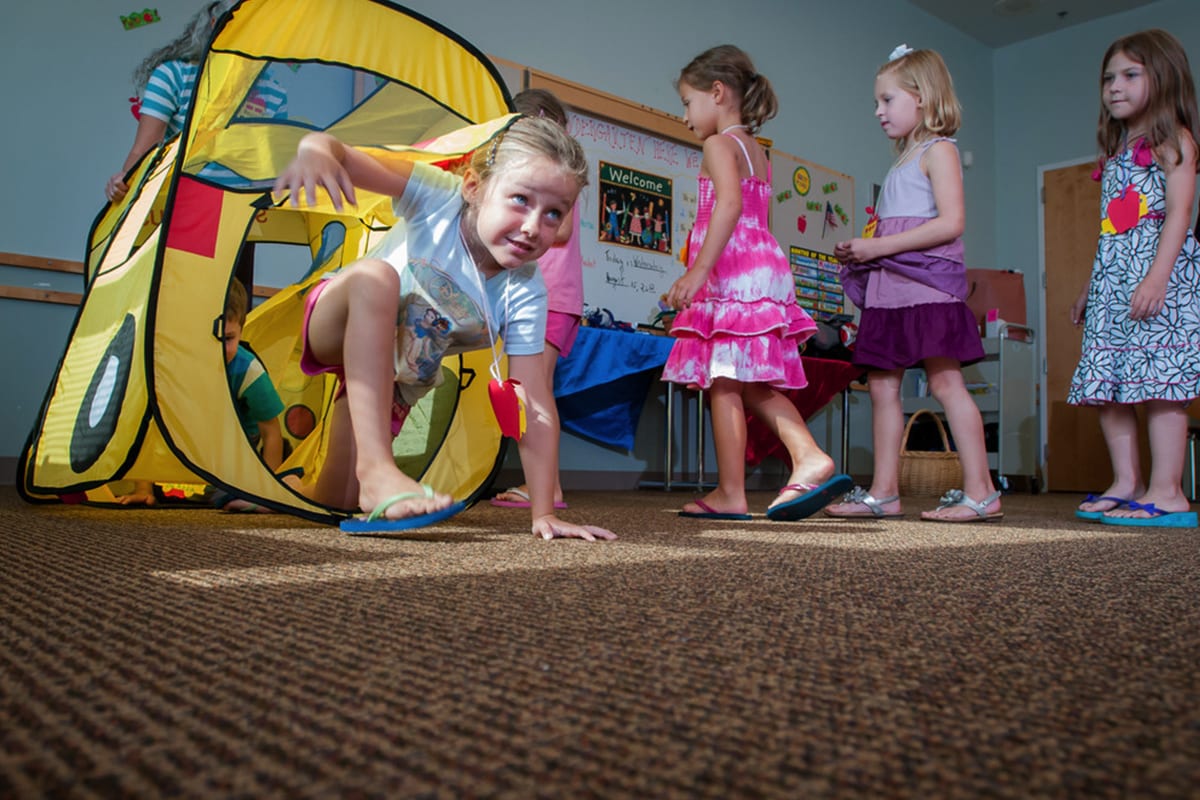Social Competence: Setting Kids Up to Succeed
By Melissa Yeo, July 28, 2015

This month, new research was published in the American Journal of Public Health with an important message: that a simple assessment of a child’s social competence can help to predict his or her health and social outcomes, well into adulthood.
Funded by the Robert Wood Johnson Foundation, researchers followed a cohort of 753 kindergarteners and found that kids who had better social emotional skills—skills like sharing, cooperation and problem-solving—were more likely to succeed across a spectrum of domains like education, employment, crime, mental health and substance abuse, nearly two decades later.
Even after controlling for background characteristics like academic ability and socioeconomic status, researchers uncovered surprisingly strong links between early social competence and performance later in life. For example:
- Kids who scored higher in social competence were twice as likely to attain a college degree in early adulthood and 46 percent more likely to have a full-time job at the age of 25.
- In contrast, students with lower social competence had a 67 percent higher chance of having been arrested by early adulthood and an 82 percent higher chance of being in or on a waiting list for public housing.
The research adds to a growing body of evidence elevating the need for early social and emotional development. It’s especially hopeful because we know that social competence is malleable, or teachable, particularly in the earliest years. The right role models, high-quality play and other opportunities to build positive, nurturing relationships can foster social and emotional skills in all kids.
With evidence like this to build the case, we can’t underestimate the value of helping children build up their social competence. In doing so, we can help set them up for health and success well beyond their early years.
